India, Pakistan and Afghanistan: triangle of confrontation Fragile truce, nuclear shadow
Today, the two leading powers of the Indian subcontinent—India and Pakistan—along with their northern neighbour Afghanistan, are locked in a complex system of confrontation shaped by decades of rivalry and border disputes, some of which date back to the colonial era. In 2025, these states have once again drawn global attention due to new clashes that threaten regional stability and the geopolitical balance of power.
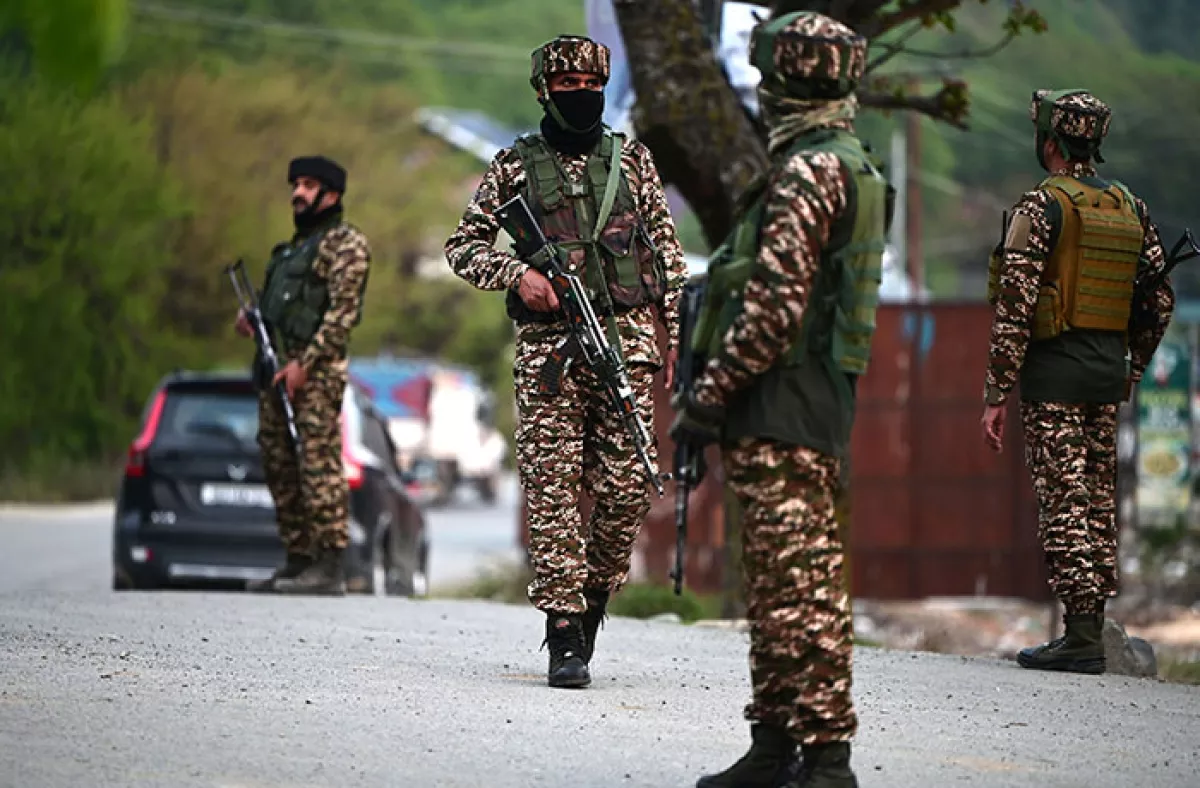
In April 2025, India accused Pakistan of involvement in a terrorist attack in the city of Pahalgam, which claimed the lives of 26 people and left at least 20 injured. A group calling itself the “Resistance Front” claimed responsibility for the attack. Although the Pakistani authorities categorically denied New Delhi’s accusations, armed hostilities broke out between the two states. In the ensuing conflict, the Indian Air Force suffered significant losses, including the downing of its newest French-made Rafale fighter jets.
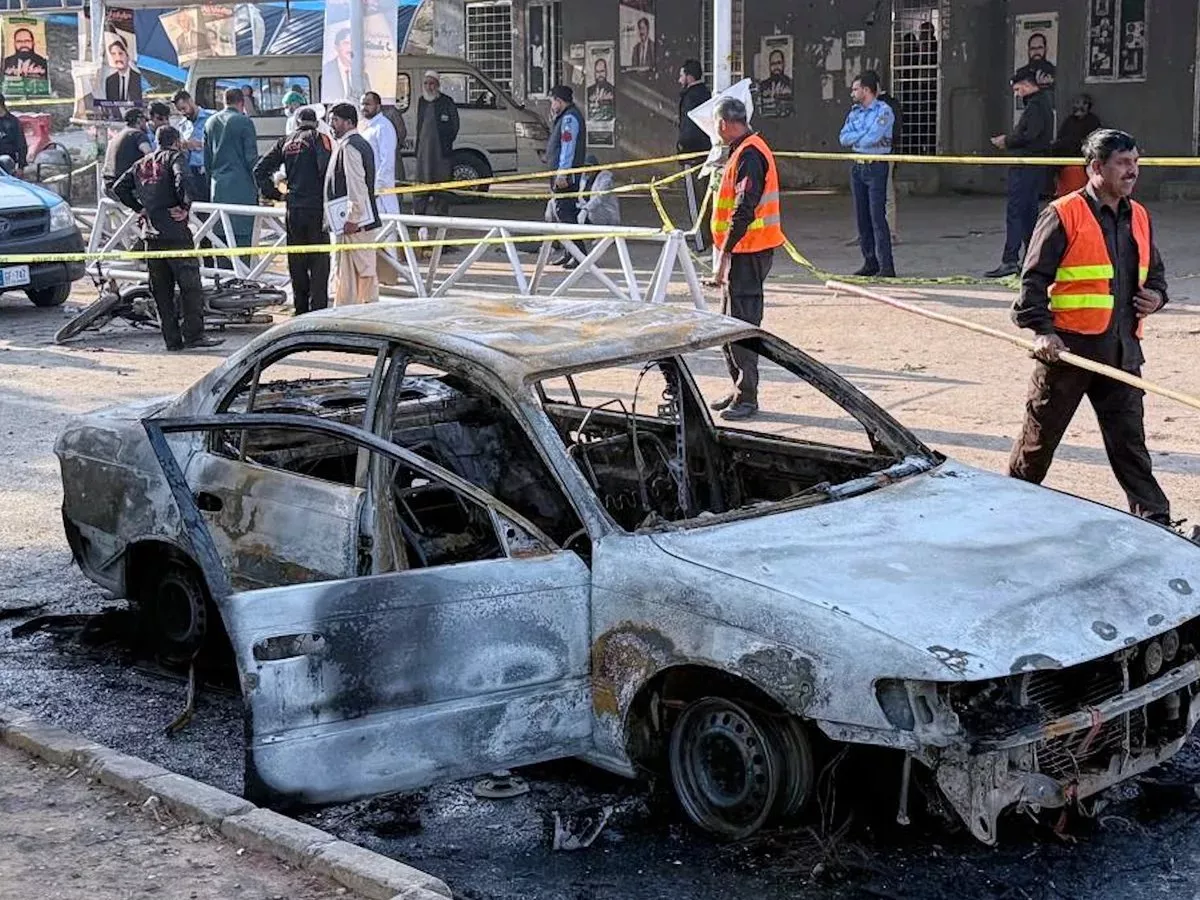
Six months later, on November 11, a car explosion in the Pakistani capital killed at least 12 people. In response, Pakistan’s Interior Minister Mohsin Naqvi stated: “This is not just another explosion. It happened right here in Islamabad, and whoever is involved—whether local residents or citizens of other countries—will not go unpunished.” He also suggested that the attack was carried out by militants linked to the Taliban movement and India.
Earlier, former Pakistani Prime Minister Imran Khan had sought to maintain balanced relations with the Afghan Taliban and continued negotiations with Tehrik-i-Taliban Pakistan (TTP), an organisation designated as terrorist by Islamabad but supported by the Taliban, attempting to persuade it to disarm through dialogue. However, voices within the military and opposition argued that this approach only strengthened the TTP. As a result, Khan faced a parliamentary vote of no confidence in 2022. The new administration adopted a tougher counterterrorism policy, working more closely with the military.
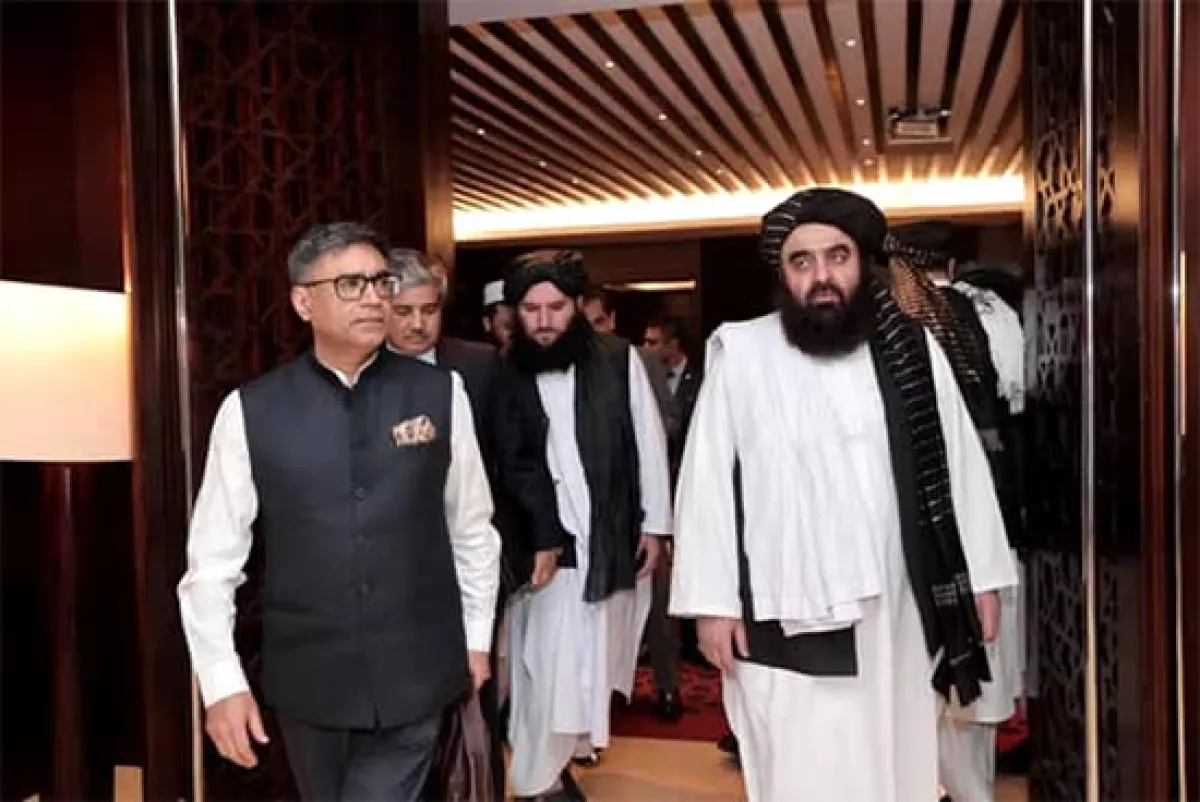
Subsequently, ties between Pakistan and Afghanistan weakened even further, paving the way for a new alignment that, however, should not surprise those familiar with the region—India and the Afghan authorities drew closer, naturally against Pakistan. Recently, Afghan Foreign Minister Amir Khan Muttaqi paid an official visit to India, marking the first diplomatic contact between the two countries since the Taliban seized power in Afghanistan. India announced plans to reopen its embassy in the country, while the Afghan side invited Indian companies to cooperate in the development of mineral resources.
Meanwhile, tensions between Pakistan and Afghanistan escalated, culminating in October in clashes between the armed forces of the two countries along the Durand Line—the demarcation border established in 1893. The delimitation agreement between British and Afghan authorities was signed in 1893 by Emir Abdur Rahman Khan and Sir Henry Mortimer Durand. Until the partition of British India in 1947, Afghan rulers recognised the Durand Line as the border. However, since 1947, after the creation of independent Pakistan, Kabul has refused to recognise it as the official frontier.
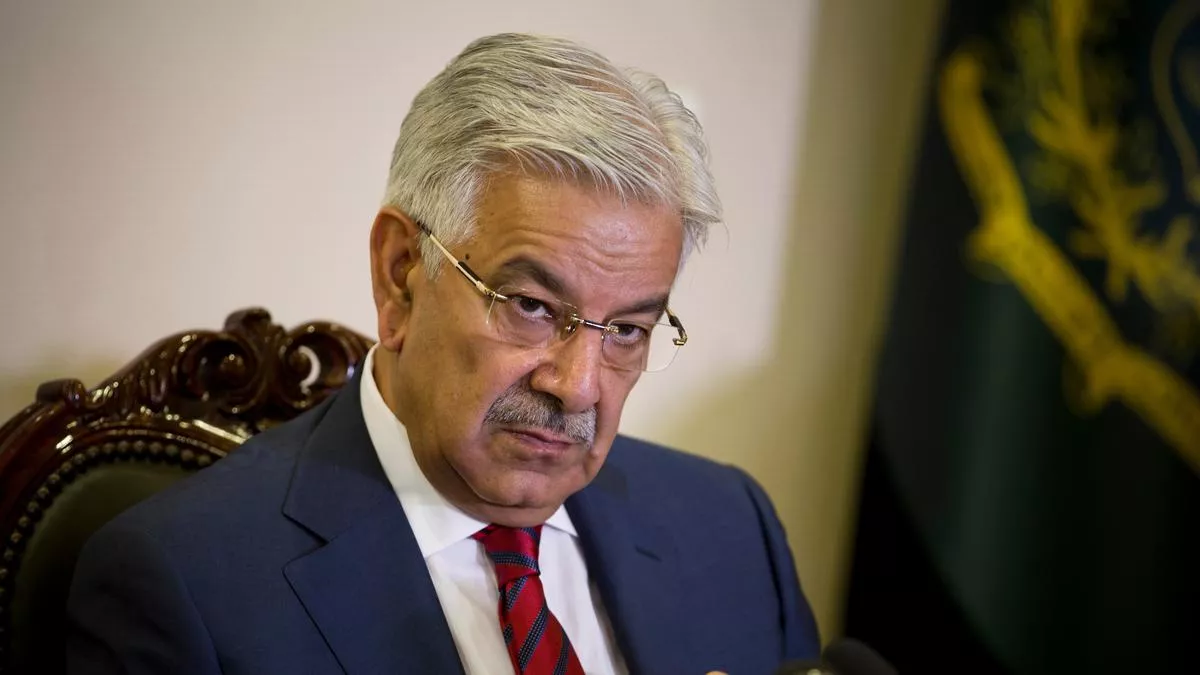
Ultimately, through the mediation of Türkiye and Qatar, the opposing sides announced a ceasefire. Following this, negotiations to resolve the conflict were held in Istanbul, but no concrete results have been achieved so far. In a statement, Pakistan’s Defence Minister Khawaja Asif said that his country does not plan any new talks, and the current fragile truce will remain in place until the Afghan side violates the ceasefire.
Pakistan has accused Afghanistan of supporting Tehrik-i-Taliban Pakistan and similar terrorist organisations, while the Afghan authorities have stated that they do not wish to take responsibility for the actions of these groups. Kabul government spokesperson Zabihullah Mujahid complained that Pakistan’s demands are excessive.
At present, it appears that all three sides are preparing for new armed clashes. On October 30, India conducted large-scale exercises along the border with Pakistan, involving all branches of its armed forces—air, naval, and ground.
In response, the Pakistani government expanded the army’s powers to carry out defensive measures. In Pakistan, the military plays a special role in both society and the state. The ongoing conflict with India, terrorist organisations, and separatist groups forces Islamabad to prioritise its armed forces. The fact that the military is now receiving additional authority can be seen as an attempt to strengthen the state and society ahead of potential war.
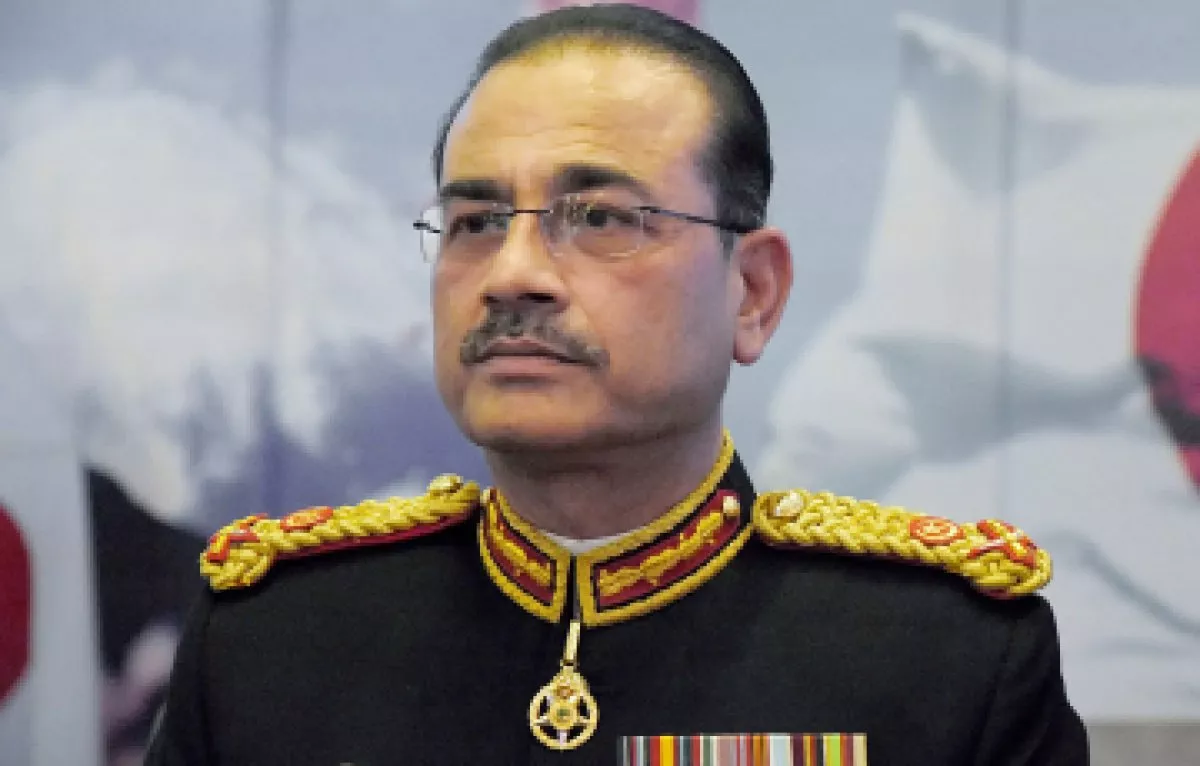
A particularly significant factor in this process is the reshuffling of Pakistan’s top military leadership. In 2022, Asim Munir was appointed Chief of Army Staff and has since been promoted to the rank of Field Marshal, consolidating command over all land, air, and naval forces. It is worth noting that he is only the second Field Marshal in Pakistan’s history, a rank that carries lifelong immunity. Moreover, very recently, amendments to the Constitution have been proposed in the upper house of parliament to expand Munir’s powers. Thus, on the eve of potential hostilities, the military is effectively being handed control of the country, while Prime Minister Shahbaz Sharif’s civilian government recedes into the background.
Pakistani and Turkish sources suggest that India, whose prestige was undermined by the spring conflict, may attempt to weaken Islamabad via Afghanistan through either direct or hybrid warfare. In the event of a conflict with Kabul, serious internal security risks for Pakistan could arise from the Pashtun tribes in the Khyber Pakhtunkhwa region and Afghan migrants who arrived in Pakistan in the 1980s, potentially acting as a “fifth column.”
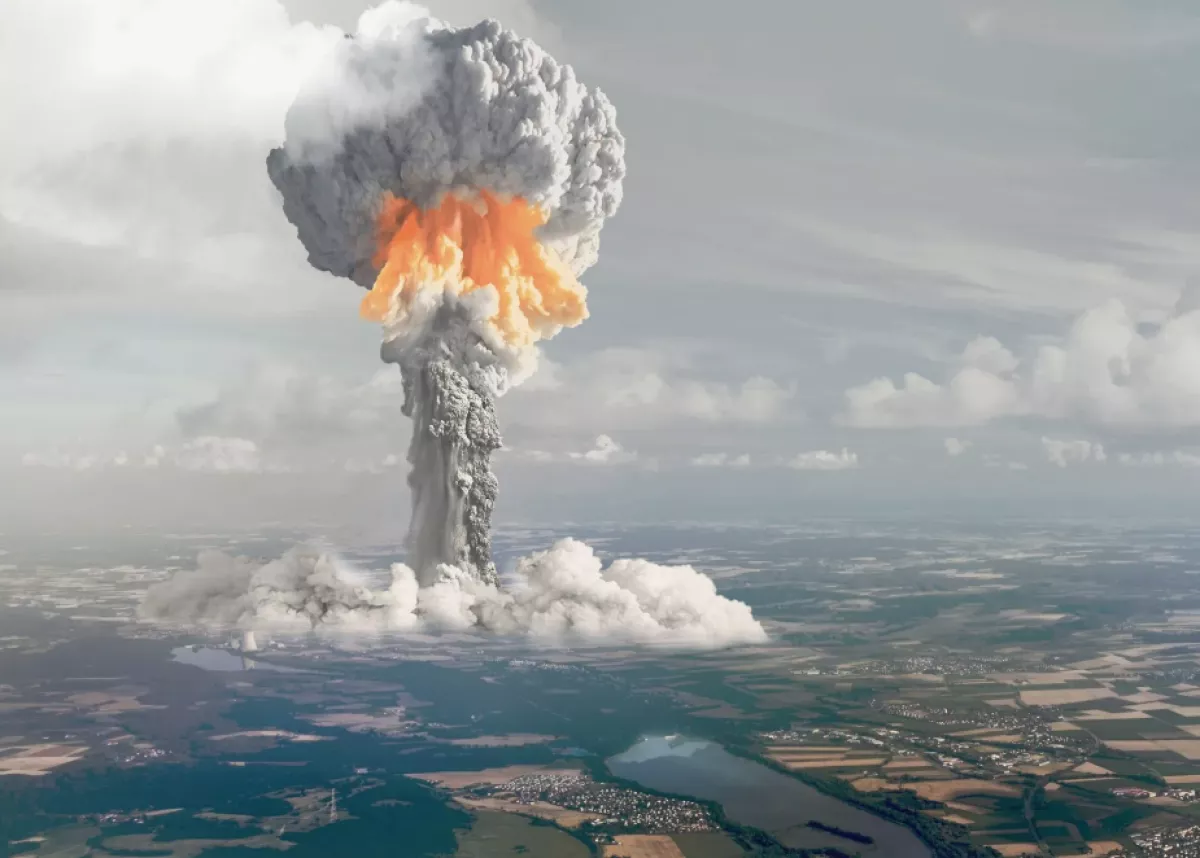
The situation poses an even greater threat to global peace if India directly intervenes in the conflict, potentially involving all three countries—two of which possess nuclear weapons. There are reasons to believe that other major powers would not remain on the sidelines. U.S. President Donald Trump has, unsurprisingly, demanded that Afghanistan hand over control of Bagram Airbase to the United States.
“If Afghanistan doesn't give Bagram Airbase back to those that built it, the United States of America, BAD THINGS ARE GOING TO HAPPEN!!!” he wrote on Truth Social.
Meanwhile, Turkish media report that Ankara could act as a mediator between the conflicting parties while also expanding military and political cooperation with its friendly partner, Pakistan. This stance aligns with both Türkiye’s international interests and humanitarian objectives aimed at preventing brutal and bloody conflicts.








